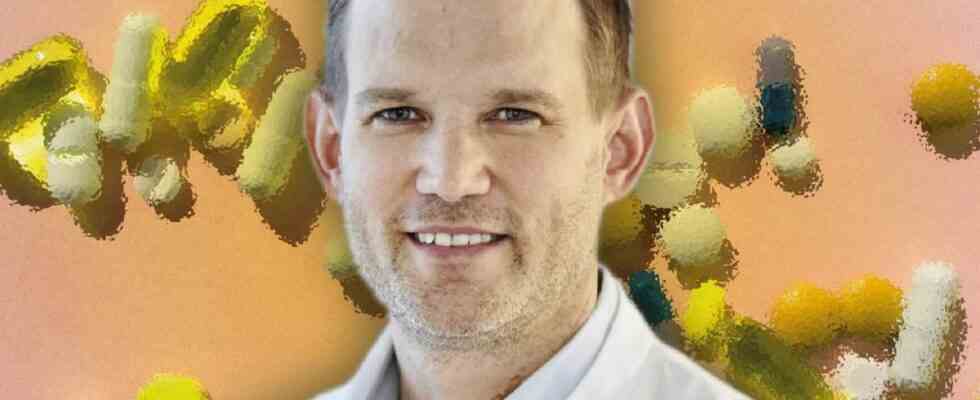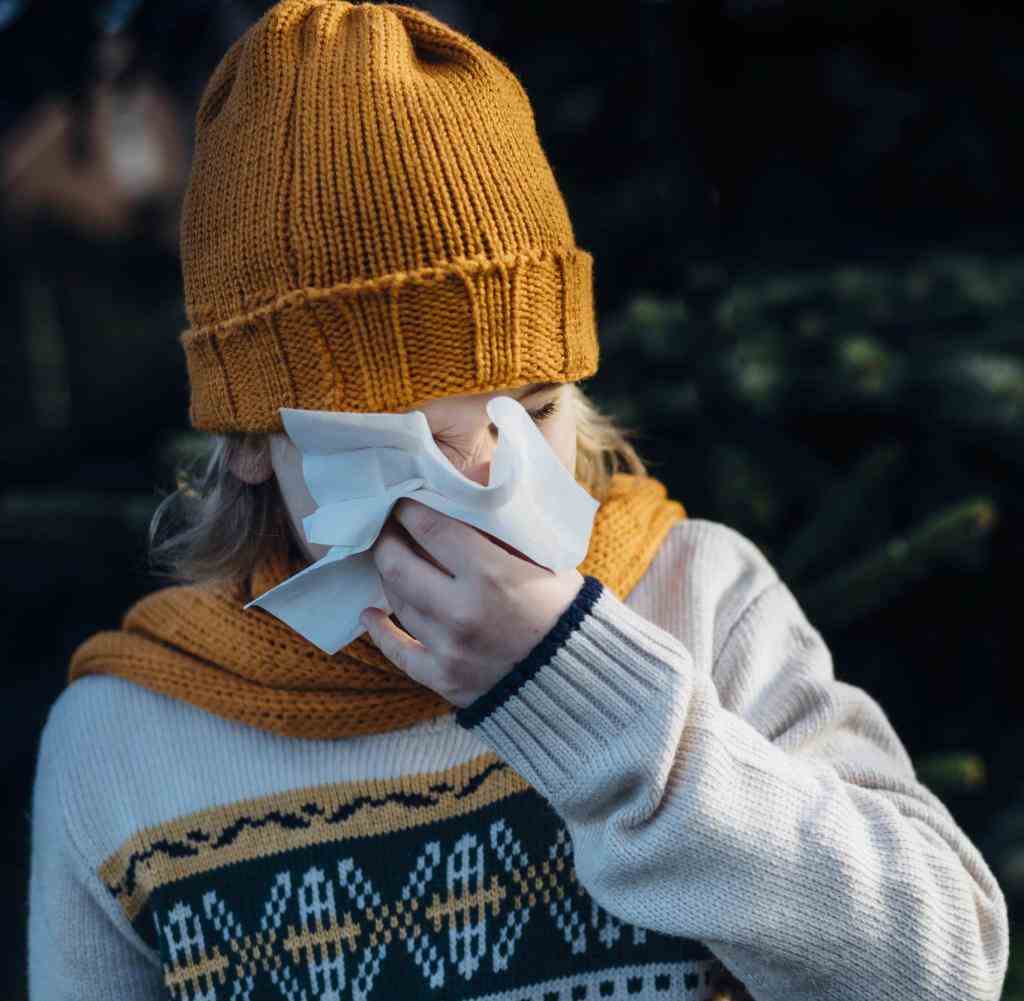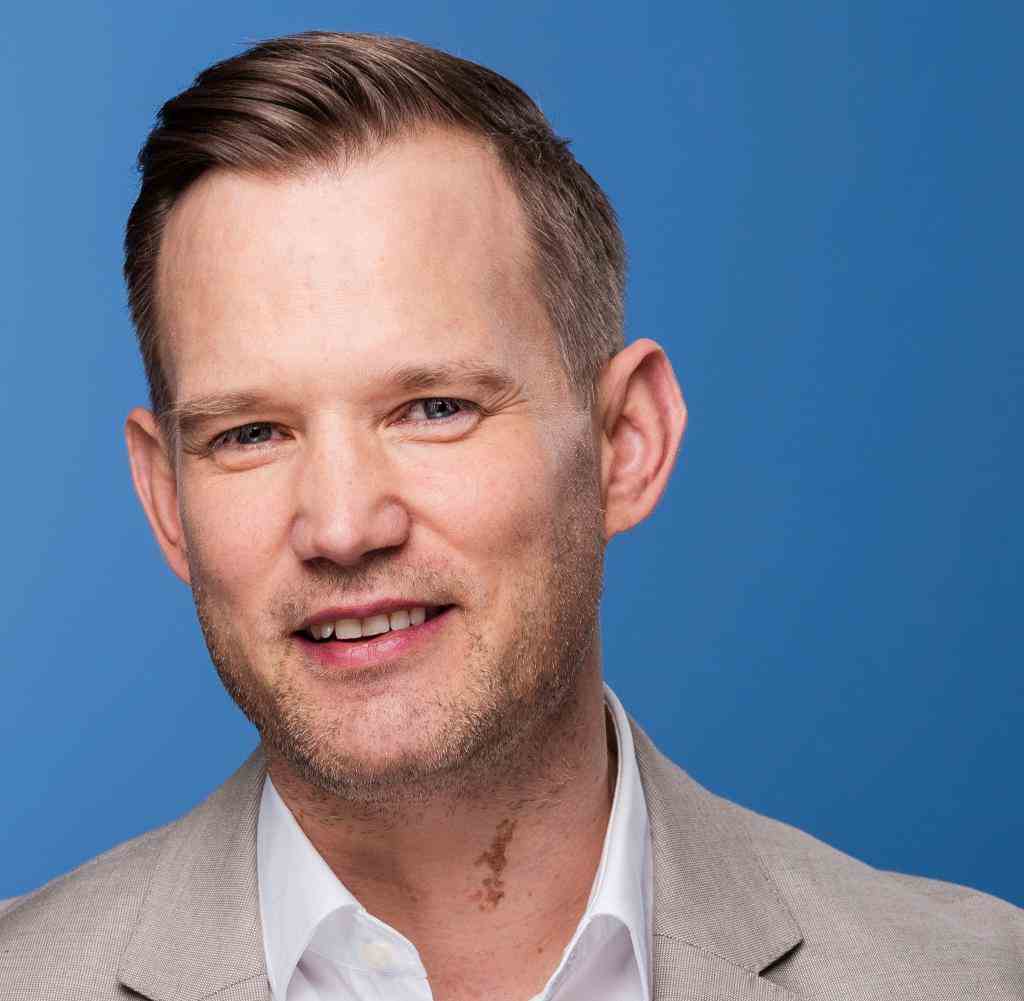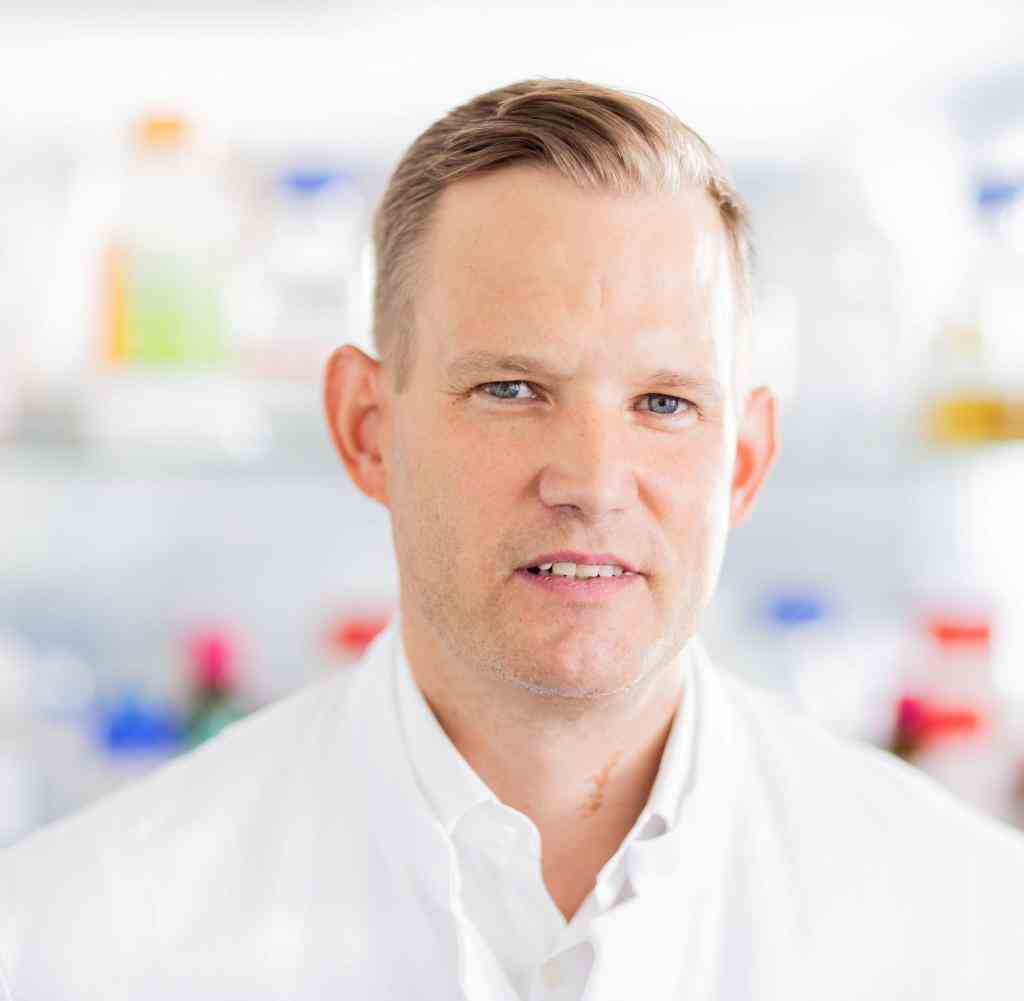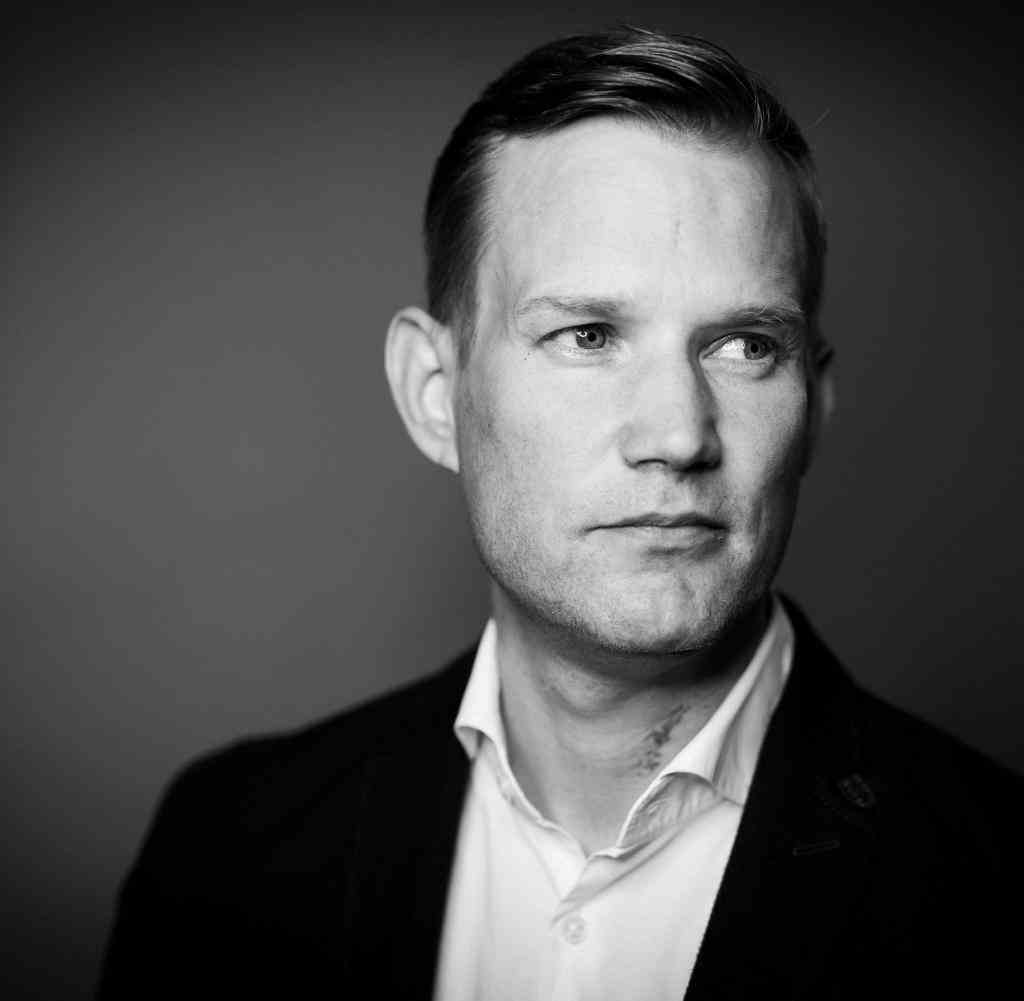Vitamin supplements – “That only produces expensive urine”
The new TV magazine with Franca Lehfeldt and Hendrik Streeck
Are you interested in health topics? From today on, presenter Franca Lehfeldt and virologist Hendrik Streeck will guide you through the new TV magazine WELT GESUNDHEIT. The topic of this show: STDs.
At the moment, many people want to strengthen their immune system or are thinking about flu or booster vaccinations. The virologist and WELT TV expert Hendrik Streeck answers the most important questions about vaccinations, acute reactions and what helps the body.
GSTDs, heart attacks, dementia – every week Prof. Dr. Hendrik Streeck from the University Hospital Bonn and WELT presenter Franca Lehfeldt medical questions and phenomena suitable for everyday use. This Friday at 5.40 p.m. on WELT-TV they deal with the topic of the immune system.
WORLD: With the falling temperatures, everyone is sniffling and sneezing again – everyone would like to strengthen their immune system as much as possible. How do we do it?
Henrik Streeck: From a purely scientific point of view, an immune system cannot be strengthened just like that. Because what exactly constitutes a strong immune system is not so easy to answer. Each of us has an individual immune system, dependent on our genes and daily contact with different pathogens throughout life. The immune system also changes with age. The most specific boost you can do for the immune system is to get vaccinated.
WORLD: For whom is the flu vaccination useful at all?
stretch: The standing vaccination commission recommends vaccination for all citizens over 60, risk groups and people who have a lot of contact with other people. I also get vaccinated because once you get one flu you definitely don’t want to have it again.
WORLD: Many of us feel mighty depressed after vaccination. Why is that?
stretch: Vaccination has to be thought of as training the immune system, and very specific training at that. And that can be exhausting at times. During vaccination, the immune system is fooled into believing that a real infection is taking place and that it has to build up an immune system. Once this reaction has subsided, a memory develops – and it can react better and faster when a real infection occurs.
WORLD: Why do we have to keep our immune system up to date – like with the flu vaccination?
stretch: This is due to the many different types of flu. There are also mutations and the possibility of the flu virus recombining among the variants. The vaccination must therefore be updated every year. For some pathogens, however, there are also vaccinations that last a lifetime, such as with the measles.
WORLD: How exactly does our immune system react to confrontation with pathogens?
stretch: We distinguish between the innate and the adaptive immune system. The innate immune system immediately sounds the alarm when a pathogen is detected in the body. It’s the body’s response. The innate arm of the immune system includes, for example, dendritic cells or macrophages. The innate immune system is supposed to keep the pathogen in check until the acquired immune system can take effect. The development of the specific immune response takes some time. Here, for example, specific antibodies and T-cells are formed.
WORLD: In the worst case, the immune system can also fail, for example in HIV. Why is that?
stretch: In HIV, an important player in the immune system is switched off, the CD4 T helper cells. CD4 T helper cells are, so to speak, the conductor of the immune system; if they fail, the immune system no longer functions properly. But there are also congenital immune deficiencies, which are usually noticed in childhood. Such congenital immunodeficiencies are very rare. About 430 different diseases have been described. Usually these are just a few well-known cases.
WORLD: Now we can also reprogram the immune system – there has been a lot of research in this direction in recent years Cancer. How do you take advantage of this?
stretch: We can, for example, block or stimulate individual T cell receptors. This makes these cells even more active against the cancer. Such a therapy is used, for example, with the black skin cancer applied.
WORLD: Drugstores are full of supposed immune-supporting products. Could they really protect us from the next nasty cold?
stretch: If you feel ill, you can of course use vitamin C, zinc or grandma’s chicken soup, which can actually help with an acute infection. All sorts of vitamin supplements, including those supposedly boosting the immune system, are immediately excreted if you eat healthily otherwise. So that just produces expensive urine.
In WELT HEALTH, the virologist Prof. Dr. Hendrik Streeck and moderator Franca Lehfeldt present medical topics on Fridays
Source: obs
WELT HEALTH every Friday at 5.40 p.m. on WELT. The program will also be available in the media library and the TV app after it has been broadcast.
Here you can watch the first episode on the topic “STDs” see:

